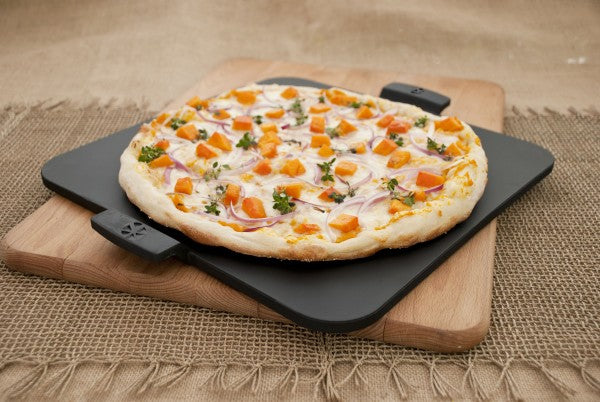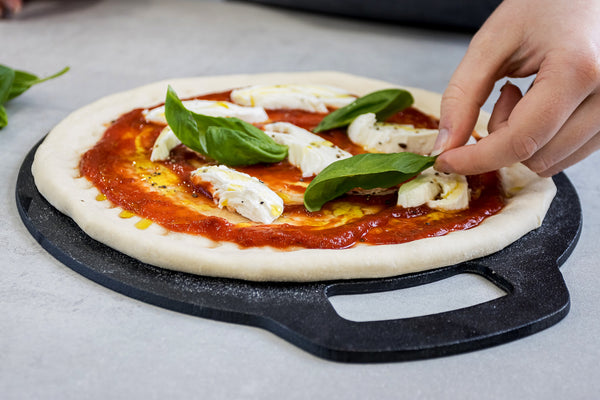For every passionate baker out there, the quest to find the best baking stone for bread can often feel like a never-ending journey. The right baking stone can transform your kitchen creations from average to extraordinary, providing a crispy crust and a perfectly textured crumb that would make any artisan proud.
The best baking stone for bread isn't just about adding a professional touch to your loaves; it's about embracing an art form that has been cultivated for centuries. Whether you're an established chef or a culinary novice just stepping into the world of baking, understanding what defines the best baking stone is crucial.

What Makes a Baking Stone the Best?
Baking stones come in various materials, each offering distinct advantages. The main contenders in the realm of baking stones include ceramic, clay, and cordierite. Knowing the properties of each can help you choose the right fit for your needs.
Ceramic Stones: Precision and Tradition
Ceramic stones are cherished for their excellent heat retention and ability to distribute heat evenly. Ideal for those who love tradition and precision, ceramic stones can offer a classic baking experience. Their smooth surface can help you achieve a consistent rise in your bread.
Clay Stones: For the Artisan
Clay stones are another favorite among artisans, offering a natural and rustic appeal. They require more care but reward bakers with exceptional results. For more on how to maintain your clay stone, check out this detailed guide on baking stones.
Cordierite Stones: The Durable Champion
Cordierite stones are known for their incredible durability and resistance to cracking. Perfect for high-temperature baking, these stones are engineered to withstand the test of time and temperature, making them a reliable partner in any bustling kitchen.
Enhancing Your Baking Experience
For those serious about advancing their skills, exploring different techniques with your baking stone can also yield great benefits. Incorporating elements like steam into your baking process can significantly impact your bread's texture and crust. Learn more about this technique in our post on using steam with baking stones.
Other Essential Accessories
While a baking stone is pivotal, complementing your setup with the right accessories can optimize your baking process. Ensure you have a quality bread peel, a reliable oven thermometer, and other essential tools on hand. These can all contribute to your baking success.
Choosing the Right Thickness and Size
For kitchen professionals, considerations such as the thickness and size of the baking stone are non-negotiable. Thicker stones tend to offer better heat stability, reducing the likelihood of temperature fluctuation. However, every choice should ultimately reflect your personal needs and workspace constraints.
Finally, you should never underestimate the importance of stone placement within your oven. Proper placement can enhance heat distribution and optimize the overall baking process, resulting in superior quality loaves every time.
FAQs About Baking Stones
What are the benefits of using a baking stone?
Baking stones improve heat distribution, resulting in a well-baked, evenly crusted bread. They mimic the properties of a professional wood-fired oven, helping you achieve authentic baking results at home.
How do I care for my baking stone?
Avoid soap and immerse your stone in water; clean it with a damp cloth and use a scraper to remove burnt residues.
Can I use my baking stone for anything other than bread?
Absolutely! Baking stones are versatile tools suitable for cookies, pizza, and even roasting vegetables. They can enhance the flavor profile of many baked goods.
For more insights on baking and perfecting your technique, feel free to visit our additional guides that cater to both novices and experienced bakers alike.
This article contains affiliate links. We may earn a commission at no extra cost to you.






Leave a comment
This site is protected by hCaptcha and the hCaptcha Privacy Policy and Terms of Service apply.